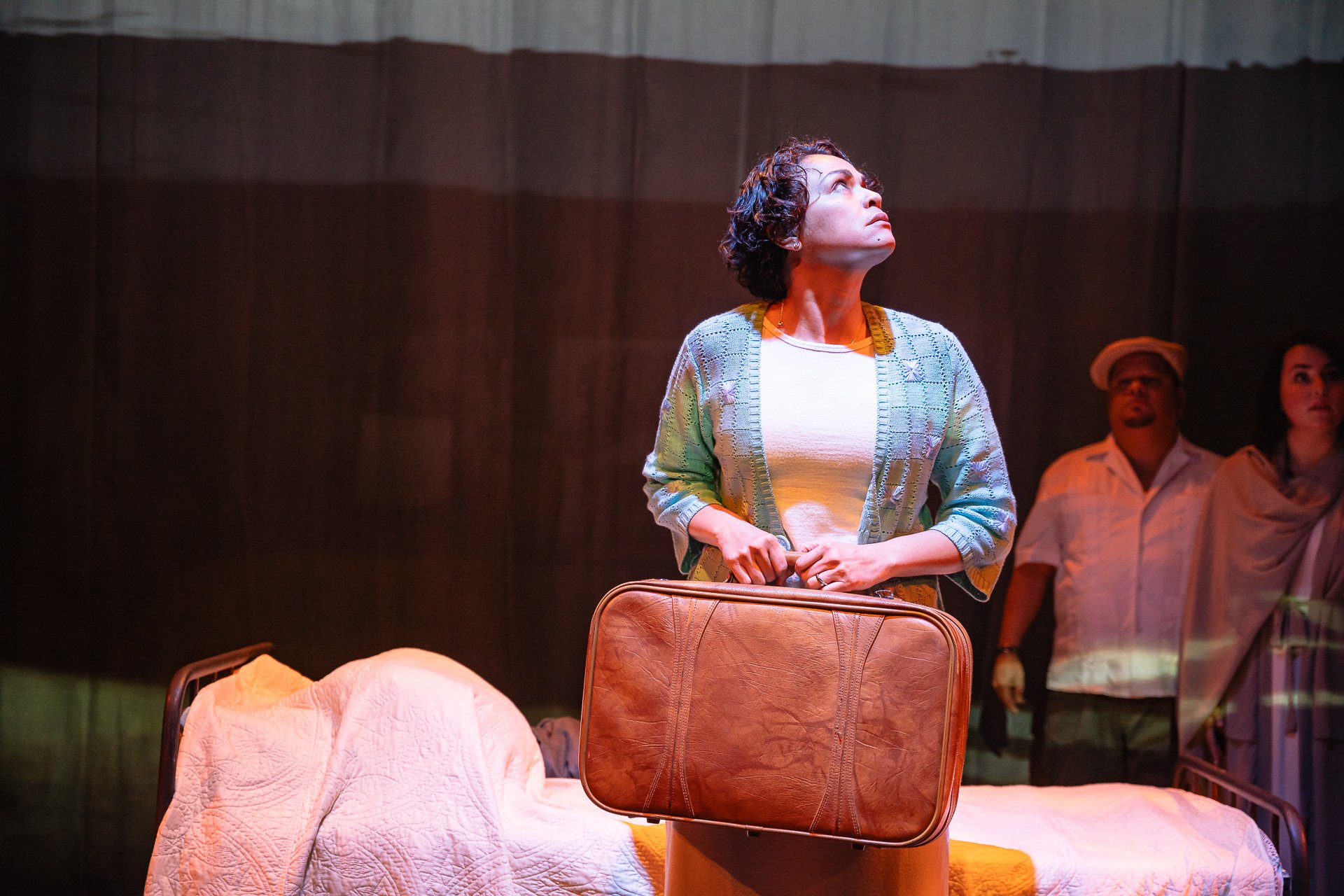TIFF 2020 | New Order
BY KRISTAL SOTOMAYOR ON NOVEMBER 10, 2020
This TIFF 2020 coverage is published in collaboration with the Philadelphia Latino Film Festival.
“Social inequality and injustice have been among our most pressing issues for [a long time]. Growing up in Mexico this has always been the hardest thing for me to understand and accept. Injustice is a fact of life, and nobody in power is doing anything.”
- Michel Franco, director of New Order
New Order (Nuevo Orden) by Mexican director Michel Franco is a suspenseful dystopian film that depicts the frustration of the widening wealth gap. Franco is an auteur known for his films After Lucia, which was awarded the Prize Un Certain Regard at the 2012 Cannes Film Festival, and Chronic, which competed for the Palme d'Or at the 2015 Cannes Film Festival. New Order depicts a violent coup d’etat that takes place on the wedding day of young, wealthy Marianne (performed by Naian Gonzalez Norvind). It’s the perfect film to depict the complicated social dynamics between the ruling and the lower class and the misinformation of the general public.
The film opens on Marianne’s wedding at her parent’s lavish house. As she is greeting guests, she is handed envelopes with cash, a bribe for her wealthy parents. During the wedding, there is a protest happening on the streets where green paint is thrown and high-end stores, such as the Louis Vuitton flagship store, are destroyed. Marianne is approached by Rolando (performed by Eligio Meléndez), an old family employee, who needs money to take his sick wife to a private clinic. The housekeeper’s son, Christian (performed by Fernando Cuautle), then drives Marianne to Rolando’s house so they can take his wife to the hospital. While they drive to Rolando’s house, Marianne’s wedding gets raided by protesters who rob the house and kill many of the guests. After weeks of protests, the military manipulates the messaging of the protests, which is led by the lower class, to stage a coup. The military takes control of the streets by kidnapping and torturing residents while extorting the wealthy to pay for kidnapped family members. By the end of the film, low income residents are framed for orchestrating the coup and sentenced to death.
New Order depicts the class conflict as pointedly marked with white supremacy. About the issue of race and class, Franco states, “Mexico is as segregated as the US, and historically the people in power have tried to keep things the way they are. There is a direct connection between the social consequences of structural racism and economic inequity.”
Most of the wealthy characters are portrayed by white and light skinned actors while the servants and lower class are portrayed by darker skinned actors. Along with growing wage inequality, healthcare is often a privilege reserved for the wealthy. The fact that Ronaldo needs assistance from Marianne to provide medical care for his wife points out a dire need for accessible healthcare. The image of the destroyed Louis Vuitton flagship store in New Order sums up the frustrations of low-income folks who can’t afford everyday necessities, not to mention frivolous goods.
Overall, New Order makes a larger statement about the race-class divide as an issue of misrepresentation. In Latin America, there is a deep history of coups and corruption that impacts the lives of millions. While the coup within the film does have a direct political message, the goal is instead to obtain power and money. The film depicts how the ruling class will always come out on top even in a new order regime.
On the coup, Franco explains, “I don’t think it would have been interesting to tell people from the start who is bad and who is good or to force a definite interpretation of what is going on onto the audience. That is what happens when you live in Mexico – you never know what to believe. People will use information to divide and manipulate, they will use the suffering of victims for their own purposes.”











